Public Adjusters in Florida: Everything You Need to Know
Are you looking for a public adjuster in Florida? If so, you’ve come to the right place. In this article, we’ll provide you with all the information you need to know about public adjusters in Florida, and how they can help you if you need to file an insurance claim.
What is a Public Adjuster?
A Public Adjuster is a licensed professional in the state of Florida who represents the policyholder, or the person filing an insurance claim. The public adjuster works on behalf of the policyholder to help obtain a fair and equitable settlement for any losses suffered.
Public Adjusters are different from company adjusters, who work on behalf of the insurance company to investigate and evaluate a claim. Company adjusters are required to follow the policies and procedures of the insurance company, which can sometimes result in a lower settlement for the policyholder.

Why Do You Need a Public Adjuster in Florida?
A Public Adjuster in Florida can be very helpful if you need to file an insurance claim. By hiring a public adjuster, you can be confident that you have someone working on your behalf who has the experience and knowledge to help you obtain a fair and equitable settlement.
Public Adjusters can be particularly useful in cases of complex insurance claims, such as damage from storms, floods, fires, and other natural disasters. Public Adjusters can help document losses and assess damages, which can result in a higher settlement for the policyholder.
How to Find a Public Adjuster in Florida?
If you need to hire a Public Adjuster in Florida, there are several ways to find one. You can search online, in directories of public adjusting services, or ask friends or family if they know someone who can recommend one.
When searching for a Public Adjuster, be sure to verify that they are licensed by the state of Florida. You can also check their experience and background through the Florida Office of Insurance Regulation.

What is Let Us Claim Consultants Insurance Inc.?
Let Us Claim Consultants Insurance Inc. has been providing Home & Business Owners with a peace of mind for more than 14 years. Our mission is to advise and assist commercial and residential insurance policyholders through the overwhelming task of submitting an insurance claim to their insurance company. We specialize in exposing the damages that get overlooked by insurance companies while interpreting ambiguous insurance policies, helping you get the money you need to rebuild your home or business.
Conclusion
In summary, a Public Adjuster in Florida can be a valuable tool if you need to file an insurance claim. Public Adjusters work on behalf of the policyholder to help obtain a fair and equitable settlement. If you need to hire a Public Adjuster, be sure to verify their licensing and experience before hiring them. With the help of a Public Adjuster in Florida, you can obtain the settlement you deserve for your losses.








